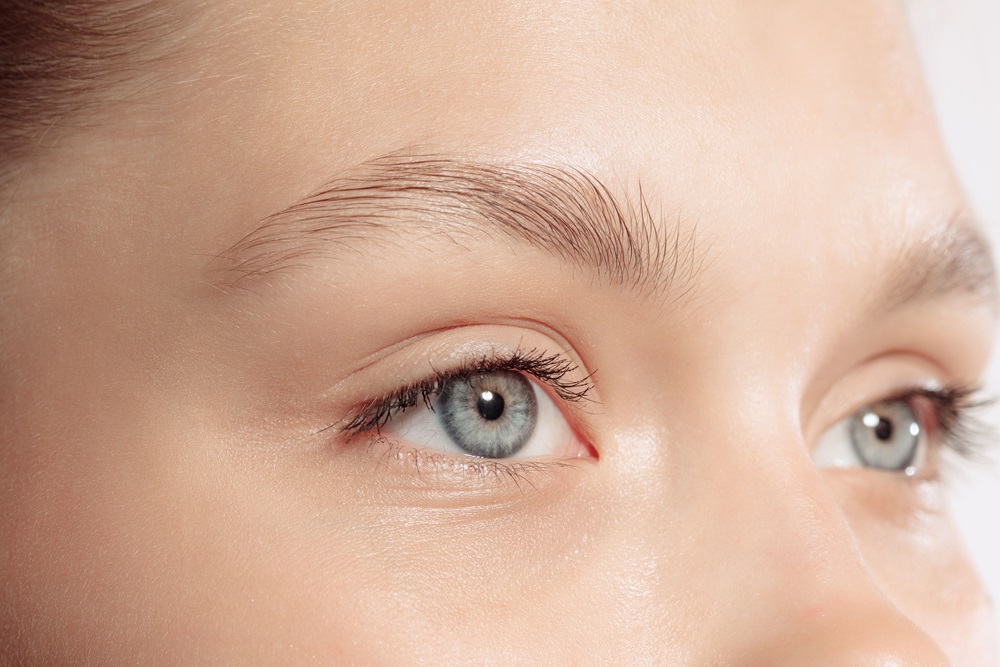Symblepharon is a condition where abnormal adhesions form between the conjunctiva (the thin membrane covering the eye surface) and the eyelid. These adhesions can restrict eye movement, cause discomfort, and lead to vision problems if left untreated. Here’s a detailed guide to understanding and managing symblepharon:
Symblepharon refers to the adhesion of the conjunctiva to itself or to the eyelid.
It can occur after trauma, infection, or surgery and may lead to complications such as dry eye, restricted eye movement, and vision impairment.
Restricted eye movement: The eyelid may not open or close fully due to adhesions.
Eye redness and irritation: The adhesions can cause chronic inflammation.
Dry eye: The adhesions may disrupt tear film distribution.
Foreign body sensation: Feeling like there’s something in the eye.
Blurred vision: If the cornea is affected.
Pain or discomfort: Especially when moving the eye or eyelid.
Trauma: Chemical burns, thermal burns, or physical injuries to the eye.
Infections: Severe conjunctivitis or corneal infections.
Surgery: Complications from eye surgeries, such as pterygium removal.
Autoimmune Diseases: Stevens-Johnson syndrome, ocular cicatricial pemphigoid, or severe dry eye syndrome.
Chronic Inflammation: Long-term inflammation of the conjunctiva.
Physical examination: The doctor will inspect the eye for adhesions and assess eyelid movement.
Slit-lamp examination: A specialized microscope to examine the eye surface and adhesions.
Tear film evaluation: To check for dry eye caused by adhesions.
Imaging tests: In rare cases, ultrasound or MRI may be used to evaluate the extent of adhesions.
Artificial tears: To relieve dryness and discomfort.
Steroid eye drops: To reduce inflammation.
Antibiotic ointments: If there’s an infection.
Adhesion release: The adhesions are surgically separated to restore eyelid movement.
Amniotic membrane transplantation: To promote healing and prevent re-adhesion.
Mucous membrane grafting: Using healthy tissue to replace damaged conjunctiva.
Eye exercises: To improve eyelid movement after surgery.
Warm compresses: To soften adhesions and reduce discomfort.
Treating autoimmune diseases or chronic inflammation to prevent recurrence.
Seek medical attention if you notice restricted eye movement or persistent eye irritation.
Follow your doctor’s treatment plan, including medications and post-surgical care.
Use artificial tears regularly to keep the eye surface lubricated.
Avoid rubbing your eyes, as this can worsen adhesions.
Turkey is a leading destination for medical tourism, offering advanced treatments for symblepharon at affordable costs. Here’s what you need to know about managing this condition in Turkey:
Expert Ophthalmologists: Turkey has highly skilled specialists in ocular surface diseases and reconstructive surgery.
Advanced Technology: Hospitals are equipped with state-of-the-art diagnostic and surgical tools.
Affordable Costs: Treatment costs in Turkey are significantly lower than in many Western countries.
Comprehensive Care: From diagnosis to post-treatment follow-up, Turkish healthcare providers offer holistic care.
Surgical Treatments: Adhesion release, amniotic membrane transplantation, and mucous membrane grafting.
Medical Treatments: Artificial tears, steroid drops, and antibiotics.
Physical Therapy: Eye exercises and warm compresses.
Research and choose a reputable hospital or clinic with experience in ocular surface diseases.
Consult with a specialist to determine the best treatment plan for your condition.
Plan for a stay of at least 1-2 weeks for treatment and follow-up appointments.
Check if your insurance covers international treatments or inquire about hospital payment plans.
Symblepharon is a challenging condition that requires prompt diagnosis and appropriate treatment to prevent complications and preserve vision. Turkey offers high-quality and affordable care for symblepharon, making it an excellent choice for international patients. Early intervention and a multidisciplinary approach can ensure the best outcomes for your eye health.
If you have further questions or need assistance, feel free to reach out to a healthcare professional or a trusted medical tourism agency in Turkey.
